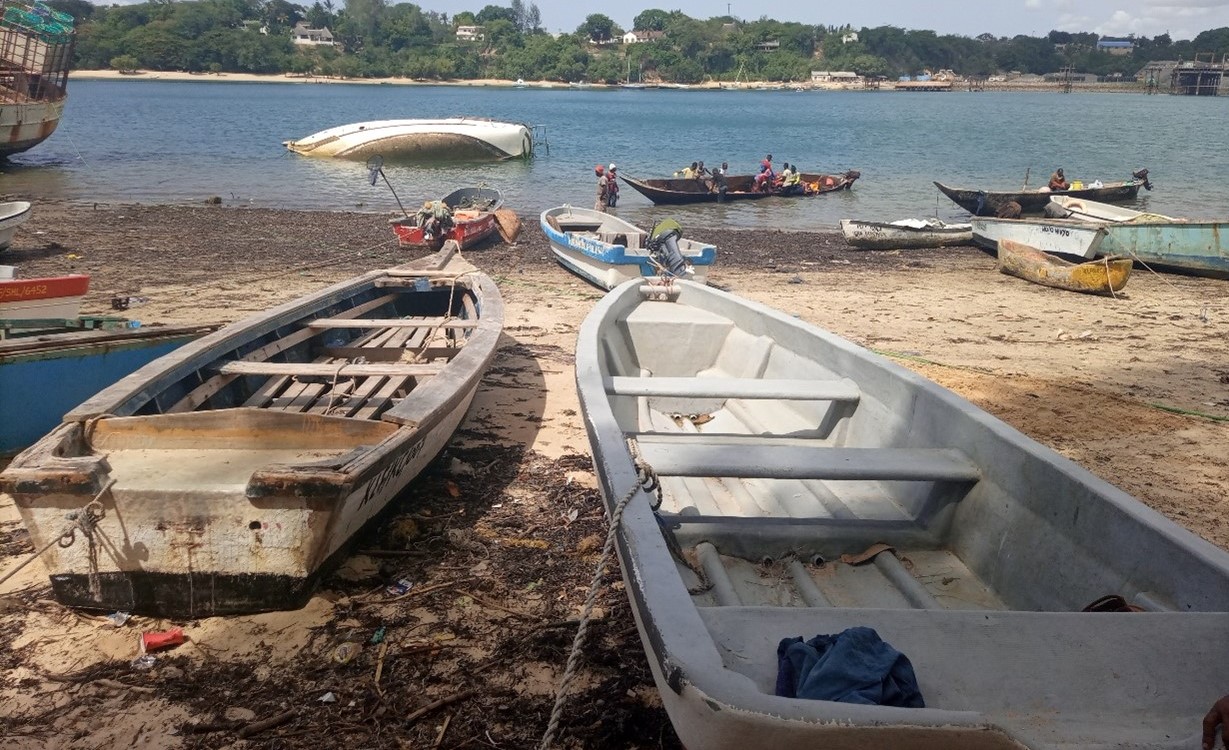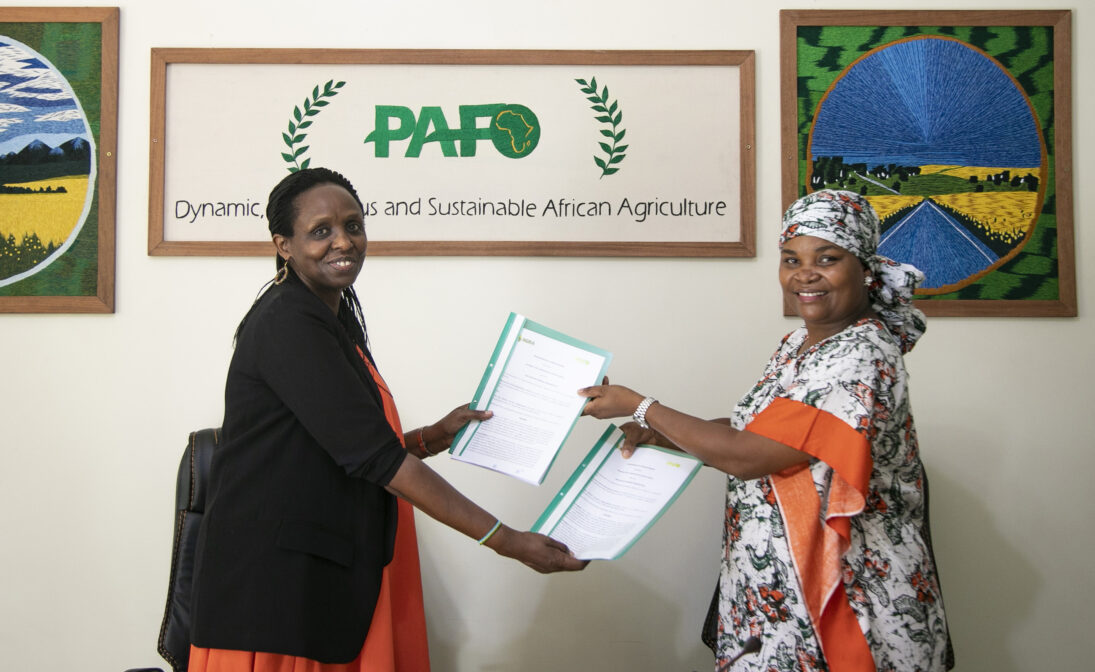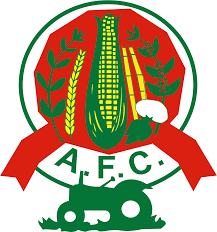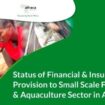In developing countries, almost 116 million people are employed in the fishery sector with 90% of them being Small Scale Fishers (SSF). The sector contributes 2.39 million jobs, 74 million tons and trade revenue amounting to 164 million USD. Access to finance is still a menace to SFF who need adequate funding to scale up the fishing business, replace vessels/engines at the end of their cycle, meet safety and quality demands and; comply with government regulations that promote sustainable fishing practices.
Some financial service providers are skeptical to support SSF due to their migratory habits, perceived low margins in the fish value chains, limited technical & financial capacity and existing perception they are “too risky” to invest on.
The African Rural and Agricultural Credit Association (AFRACA) in partnership with the Food and Agriculture Organization of the United Nations (FAO) recently conducted a baseline assessment on the current situation of financial and insurance service provision to small scale fishers in Africa. The study aimed to identify financial service providers and programs supporting SSF; capacity development needs of financial & insurance service providers and to establish existing challenges and opportunities in financing SSF. A total of 41 financial service providers in Africa took part in the study.
A validation webinar to present the outcome of the survey findings, share case studies from AFRACA member institutions supporting SSF and identification of capacity building needs for stakeholders was recently held for all AFRACA members and stakeholders in the fishery sector.
The study revealed SSFs have not been completely ignored by Financial Service Providers, they constitute a small part of the lending activities and short-term credit is prevalent followed by long-term credit.
Unfortunately, SSF credit programs are not performing well according to the study because majority of the SSF lack collaterals and inadequate assessment by financial institutions during the loan appraisal process. The study further reveals, public sector is more engaged in the sector through various projects and programmes as compared to their counterparts in private sector who have immense potential to support the sector.
There is lack of demand by financial institutions and insurance service providers to develop micro-insurance products according to the study; this is because limited awareness on importance of insurance services and low literacy levels of artisanal fisherfolk.
Despite this, opportunities still exist for financial institutions to contribute to growth of the sector. Some of these opportunities include: supporting SMEs on sector handling practices & value addition; reducing excessive pressure on natural resources; portfolio diversification and creating equal opportunities for women in the fish value chain. The study further recommends increased capacity building for technical service providers particularly entrepreneurs and financial service providers for proper understanding of the sector;
use of financial derisking instruments and the need for fisherfolks to form well organized for them to be attractive to financial institutions.
Today, aquaculture is considered more attractive to the financial service providers than capture fisheries because of reduced risks and ease monitoring of the projects hence there is need for increased capacity building that will lead to more investments in the sector. Some of the capacity building needs identified by stakeholders during the webinar include: business characteristics & risk assessments of the Fisheries/ Aquaculture activities; Cash flow analysis; formation and management of group models to provide finance to fisheries; digital tools and other innovative credit delivery channels and lastly negotiation and advocacy skills
Some of the AFRACA members who are supporting the SSF include: Sterling Bank, Nigeria; Banque Agricole du Niger BAGRI, Niger; National Savings & Credit Bank (NATSAVE) and CRDB Bank Tanzania.
A detailed report of the webinar will soon be available on the AFRACA website.





